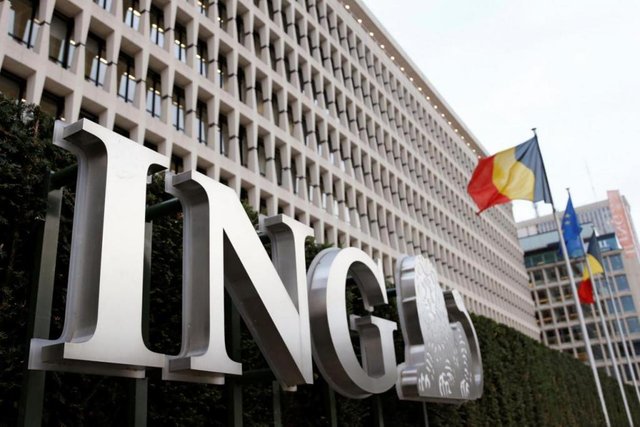Although Bitcoin and other cryptocurrencies are currently exhibiting their least attractive values of the year, interest in digital currencies is expected to more than double in the future in the United States and Europe.
This is the result of a study commissioned by ING Bank NV in Austria, Belgium, Spain, the Czech Republic, France, Germany, Italy, the United Kingdom, Luxembourg, Romania, the Netherlands, Australia, Turkey, the United States and Poland.
According to the survey, conducted by the market research firm Ipsos between March 26 and April 6, 2018, only 9% of Europeans possessed cryptocurrencies at the time of the interview. However, 25% of the participants indicated that they expect to have some virtual currency in the future. In the United States, 8% already had cryptocurrencies at the time, while 21% said they expected to acquire them later.
In Turkey, the highest levels of crypt owners were recorded. In Europe, about 18% of Turks were owners of cryptocurrencies at the time of the survey, and 45% plan to manage them over time.
Regarding the source of investment advice or information, Europeans showed more confidence in financial advisers and specialized websites than in their friends or family. About 27% of respondents in Europe said they used specialized sites to get help on making investments in cryptocurrencies. Another 21% preferred to consult the opinion of financial advisors, while those who listened to relatives or friends were reduced to 8%.
"This may reflect a general feeling that the trend is complicated or difficult to understand and, therefore, requires a specialist. If cryptocurrencies finally become generalized, this preference may change, "said Jessica Exton and Fleur Doidge, authors of the ING International Survey.
With regard to levels of awareness, about 66% of Europeans had heard of cryptocurrencies, compared to 70% in Australia and 57% in the United States. Austria reflected the highest level of knowledge about virtual currencies, 79%, while at the lower end, Belgium ranked 38%.
There was also a higher level of awareness among those who access financial services on their smartphones or tablets, compared to those who avoid mobile banking. About 69% of users of mobile banking services had heard of cryptocurrencies, compared to 59% of non-users.
The difference between different age groups, in terms of levels of consciousness, were not greater. Individuals aged 25 to 44 years showed the highest level of awareness about cryptocurrencies with 69%, while, to the surprise of many, 60% of those 65 years of age or older said they had knowledge of the crypts.
On average, the trend was toward men in terms of having heard of digital currencies; they registered 77% of consciousness with respect to women, who only in 55% of the cases had knowledge of technology.
In contrast to these findings, which imply a future increase in interest in cryptocurrencies, DataTrek Research published a report earlier this month where it revealed that Bitcoin searches on Google had fallen more than 75% since the beginning of the year.
The researchers attributed this to a generalized decline that affects the general cryptocurrency market, of which Bitcoin is the leading currency.
